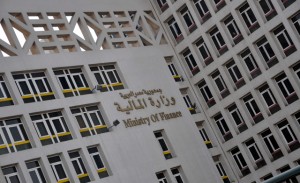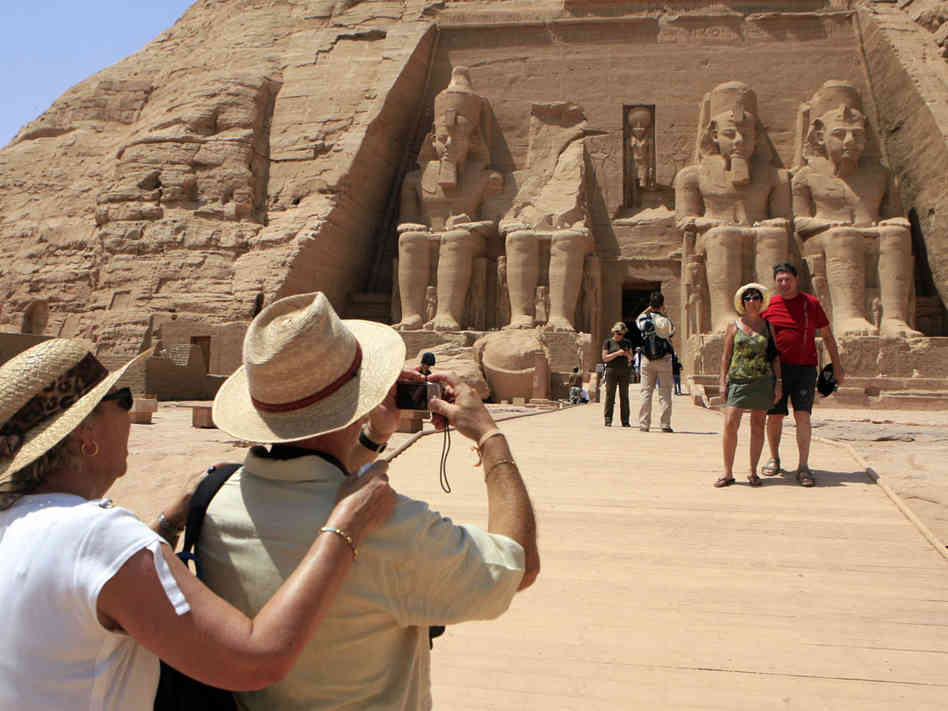
(DNE File Photo)
The insurance cost of Egyptian debt against default rose on Monday in the five-year credit default swap (CDS) market, an insurance against debt defaults, by 34 basis points, recording 900 basis points, pricing agency Markit stated.
The five-year CDS market has risen by 200 basis points since mid-June, which indicates a cost of $900,000 per year to insure $10m worth of debt for five years.
Markit’s announcement came following a day of massive protests against President Mohamed Morsi’s first year in office.
Head of research at EFG-Hermes Wael Zeyada attributed the rise to the current political tension in the country.
“The insurance cost is likely to be affected [by potential changes in] the political leadership of the country, especially after Al-Sisi’s speech,” Zeyada said, in reference to Minister of Defence and Commander-in-Chief of the Armed Forces Abdul Fatah Al-Sisi’s televised statement Monday that the Armed Forces would implement a roadmap for the country if the presidency and his opposition cannot resolve their differences within 48 hours.
Economic expert Karim Helal explained that “the Egyptian debt, both domestic and foreign, is the result of years of corruption before Morsi was elected president, but Morsi failed to address the debt. In fact, he has worsened it by borrowing financial aid from Arab and foreign countries.”
Helal stated that Morsi has taken economic decisions “that have been [heavily] politicised and further increased the debt, [which are] now affecting the insurance cost”.
“If similar decisions are to be taken in the next four years, the economy will be put in a critical situation,” he said.
The latest indices of Egypt’s domestic public debt hit an alarming EGP 1.387tn (about $200bn) in April, whereas foreign debt reached $42bn compared to $34.4bn last year.
The Ministry of Finance attributed this to the increased issuance of treasury bills and bonds.
The debt increase has led global finance rating company Standard & Poor’s to lower the credit ratings of local banks National Bank of Egypt, National Société Générale Bank (NSGB), Banque Misr and Commercial International Bank (CIB) to CCC+.
The rise in debt is also expected to seriously hinder the country’s ability to receive additional loans. Egypt has been holding talks over the past two years with the International Monetary Fund (IMF) to get a $4.8bn loan to bridge the Middle East’s biggest budget deficit.
Egypt has already received loans from several neighbouring countries, including Qatar, Saudi Arabia, Libya and Turkey.
Qatar’s share alone of Egypt’s official foreign debt, which currently stands at $38.8bn, has risen to more than 16% and is expected to reach $41.8bn once new loans are added.



